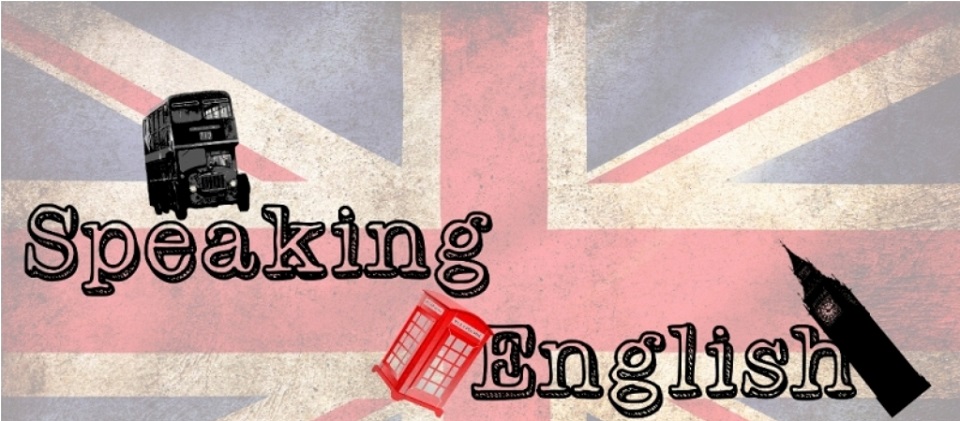By Panagiotis Tzanatos, Panagiotis Paplas & Anastasis Tzefrios
The history of the Eurovision Song Contest began with an idea by Sergio Pugliese, of the Italian television, in the channel RAI, and then was approved by Marcel Bezencon of the European Broadcasting Union (EBU). The contest was based on the Italian Sanremo Music Festival and was designed to test the limits of live television broadcast technology.
The first contest took place on 24 May 1956, where seven countries participated. As the Contest progressed, the rules grew increasingly complex and participation augmented to forty countries at the end of the 20th century. As more countries came on board over subsequent decades and technology advanced, the EBU attempted to keep up with national and international trends.
The first winner was Switzerland in 1956 in Lugano. The country with the most wins is Ireland, with 7 wins. After, is Switzerland with 6 wins and Luxembourg, France and the United Kingdom with 5 wins. The latest winner is The Netherlands with the song “Arcade” which touched many people with its sad message.
Greece first entered the Eurovision Song Contest in 1974 but the country won in 2005, it had only finished in the top five on four occasions. Greece hosted the Eurovision Song Contest in 2006 and has never finished last in the competition.
ABBA is the most successful Eurovision Song Contest winner. The Swedish pop band won the contest in 1974 and has enjoyed phenomenal success ever since, despite officially splitting up in 1983.
The most covered Eurovision Song Contest song is Domenico Mudugno‘s Nel Blu Di Pinto Di Blu, also known as Volare. The song has been covered by famous stars such as Dean Martin, Cliff Richard, David Bowie and many more.
Johnny Logan won the Eurovision Song Contest 3 times. In 1980 and 1987 he represented Ireland as performer and won both times, with Hold Me Now and What’s Another Year, in 1992 he wrote Linda Martin’s winning entry Why Me?
In 2014, Valentina Monetta took part for San Marino for the third time in a row and… qualified for the Grand Final! She participated in the 2017 contest for the fourth time!
In 2011, Lena, the winner of the 2010 Eurovision Song Contest, decided to defend her title on home ground – something only 2 people have done in the history of the contest.
Until 1998, each act was supported by a live orchestra and every country brought its own conductor. Noel Kelehan conducted the orchestra of 5 winners, in 1980, 1987, 1992, 1993 and 1996. Dutch conductor Dolf van der Linde conducting for a record 7 countries; Belgium, Germany, Ireland, Luxembourg, the Netherlands, Sweden and Switzerland.
Only 3 women conducted the orchestra at the Eurovision Song Contest. Nurit Nirsch conducted the Israeli entries of 1973 and 1978, Monica Dominique conducted the Swedish 1973 entry and Anita Kerr appeared in front of the orchestra for Switzerland in 1985.
German songwriter and composer Ralph Siegel is a true Eurovision addict. He took part a whopping 21 times. He did so most recently in 2014, granting San Marino their first qualification to the Grand Final. His 22nd participation was in 2017, having written the song for San Marino. He won once, in 1982, with the famous Ein Bißchen Frieden.
Πηγές:
https://en.wikipedia.org/wiki/History_of_the_Eurovision_Song_Contest







